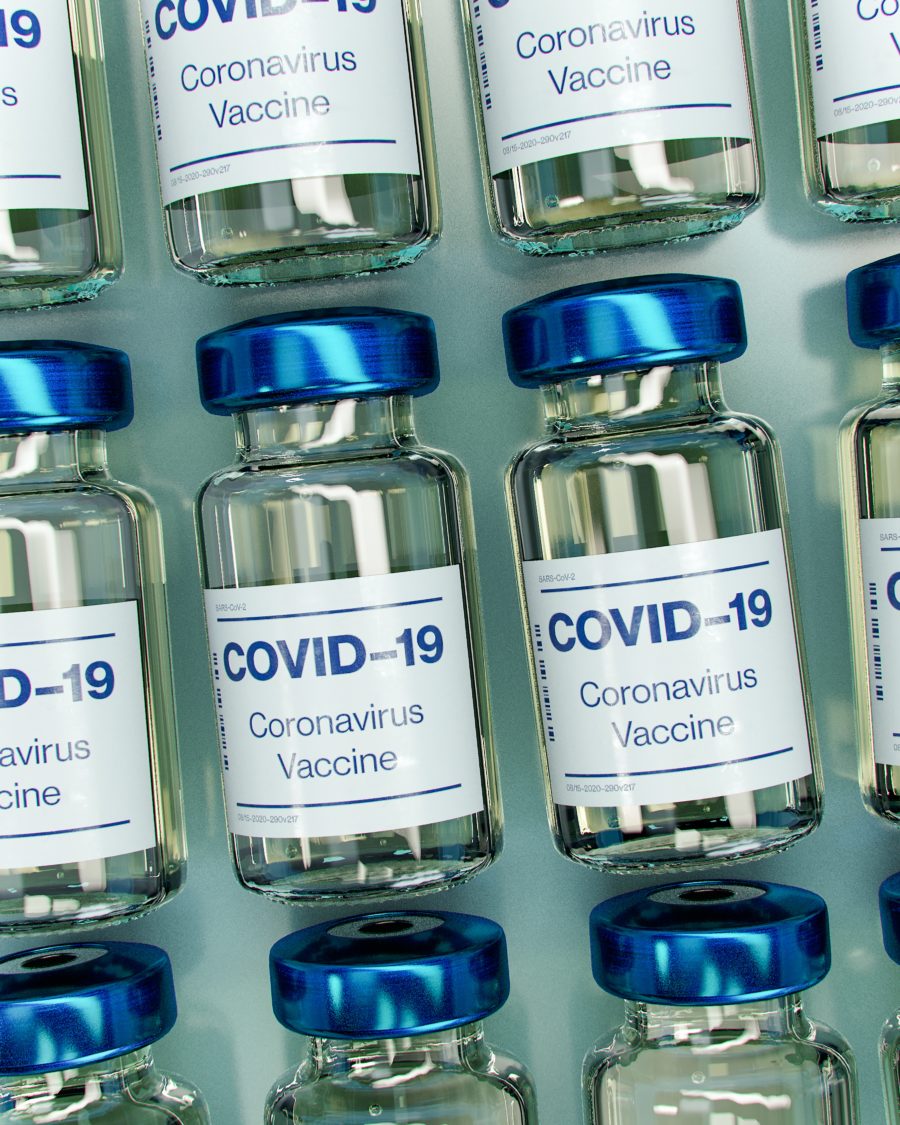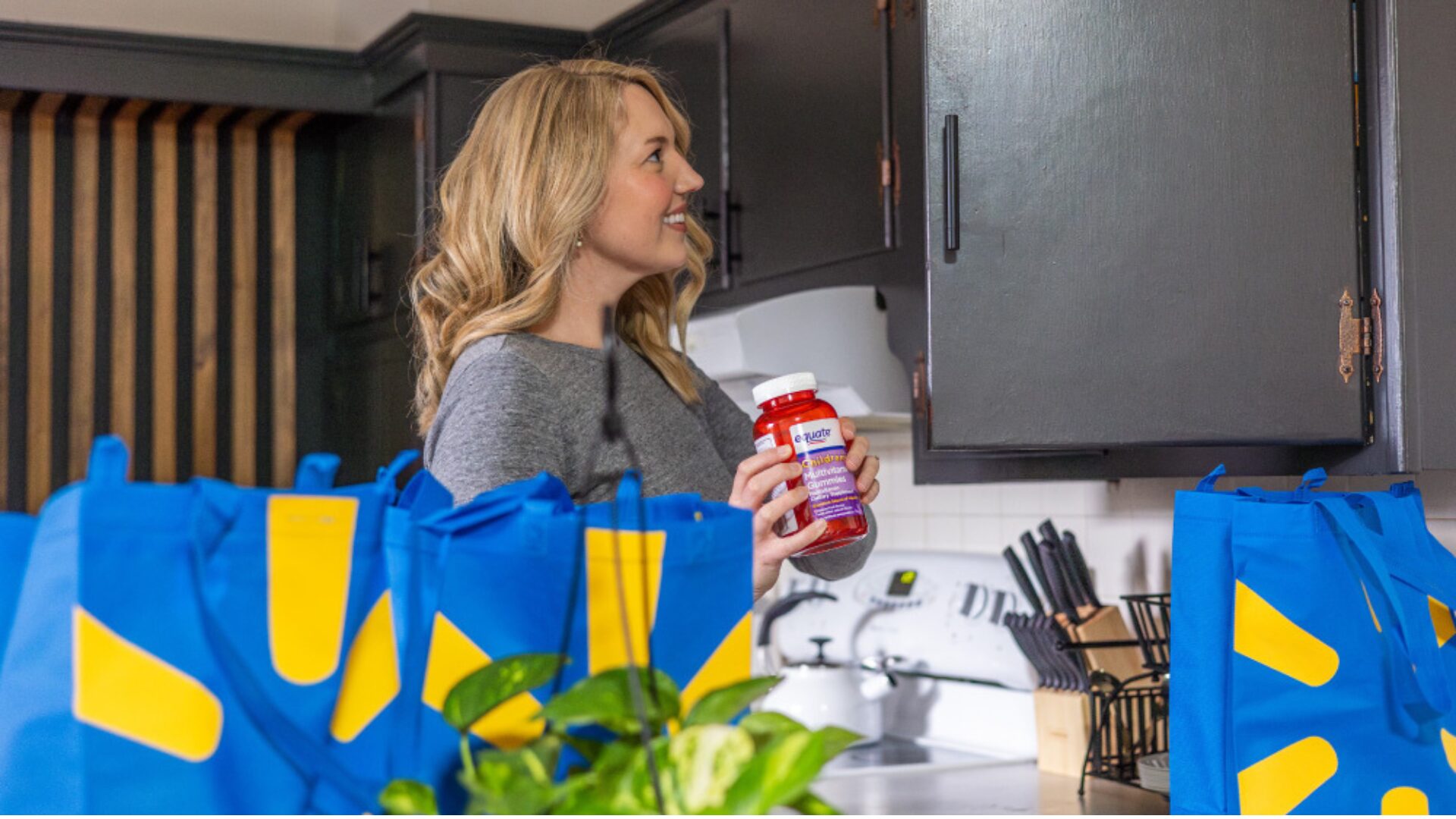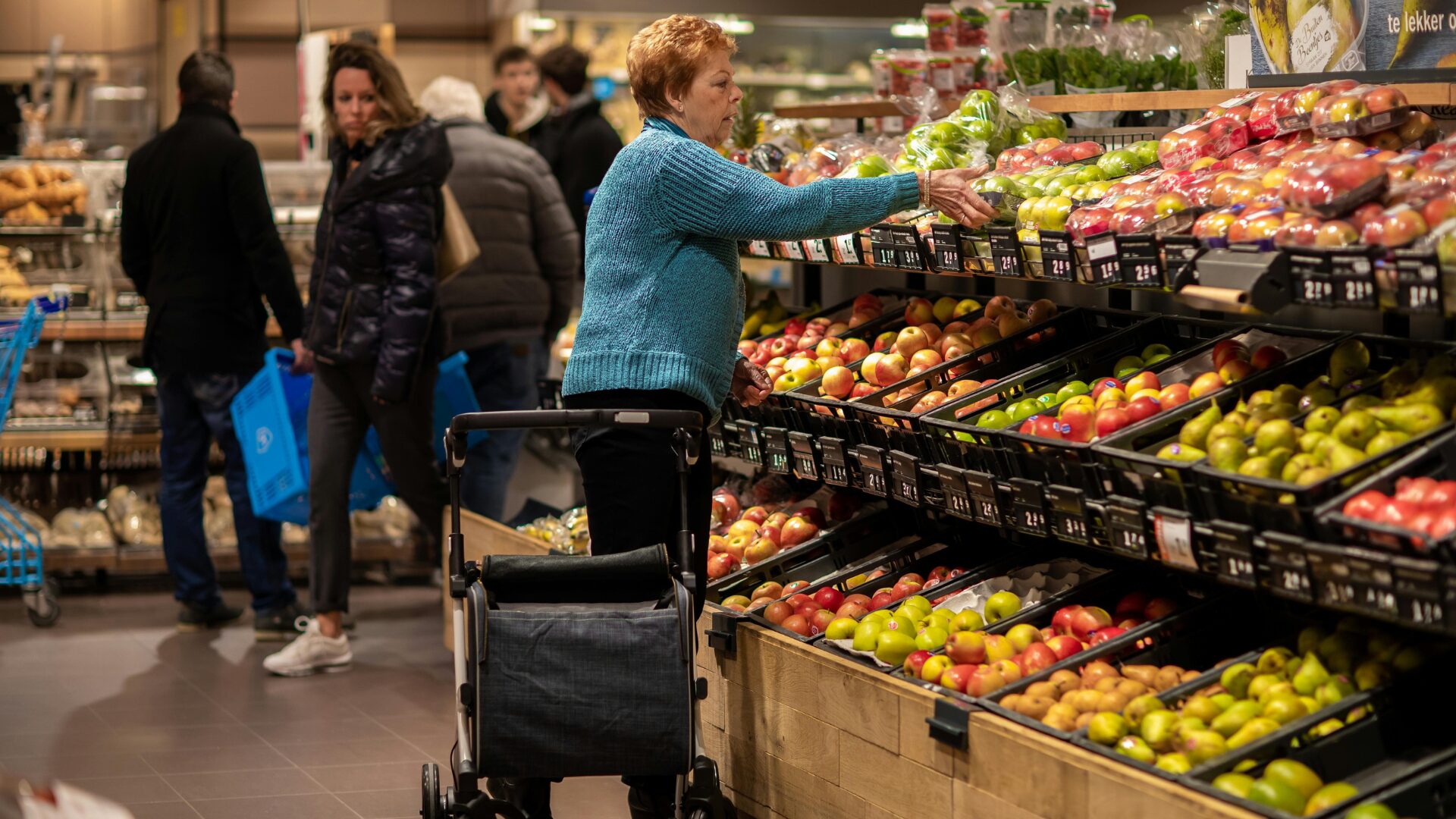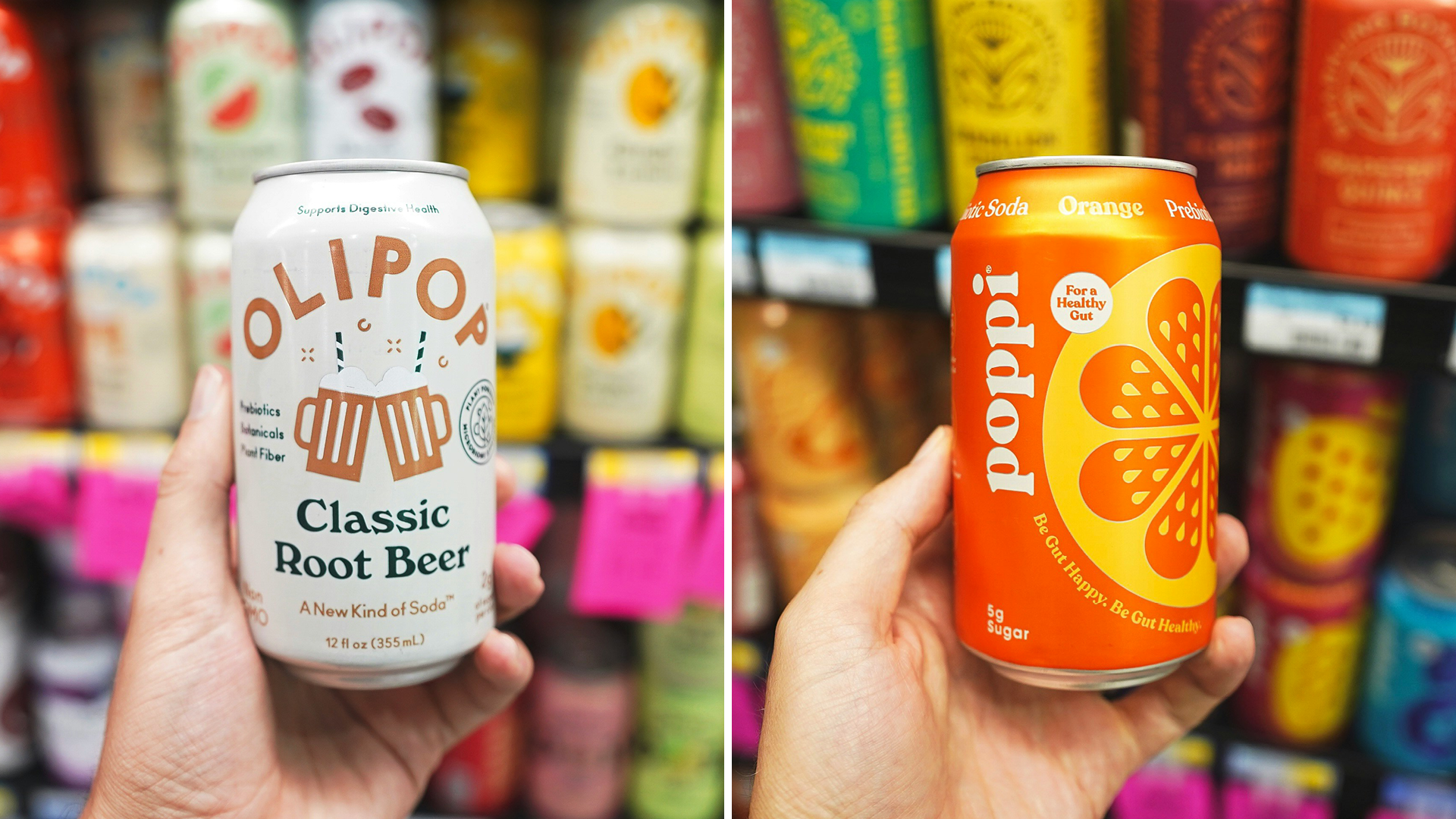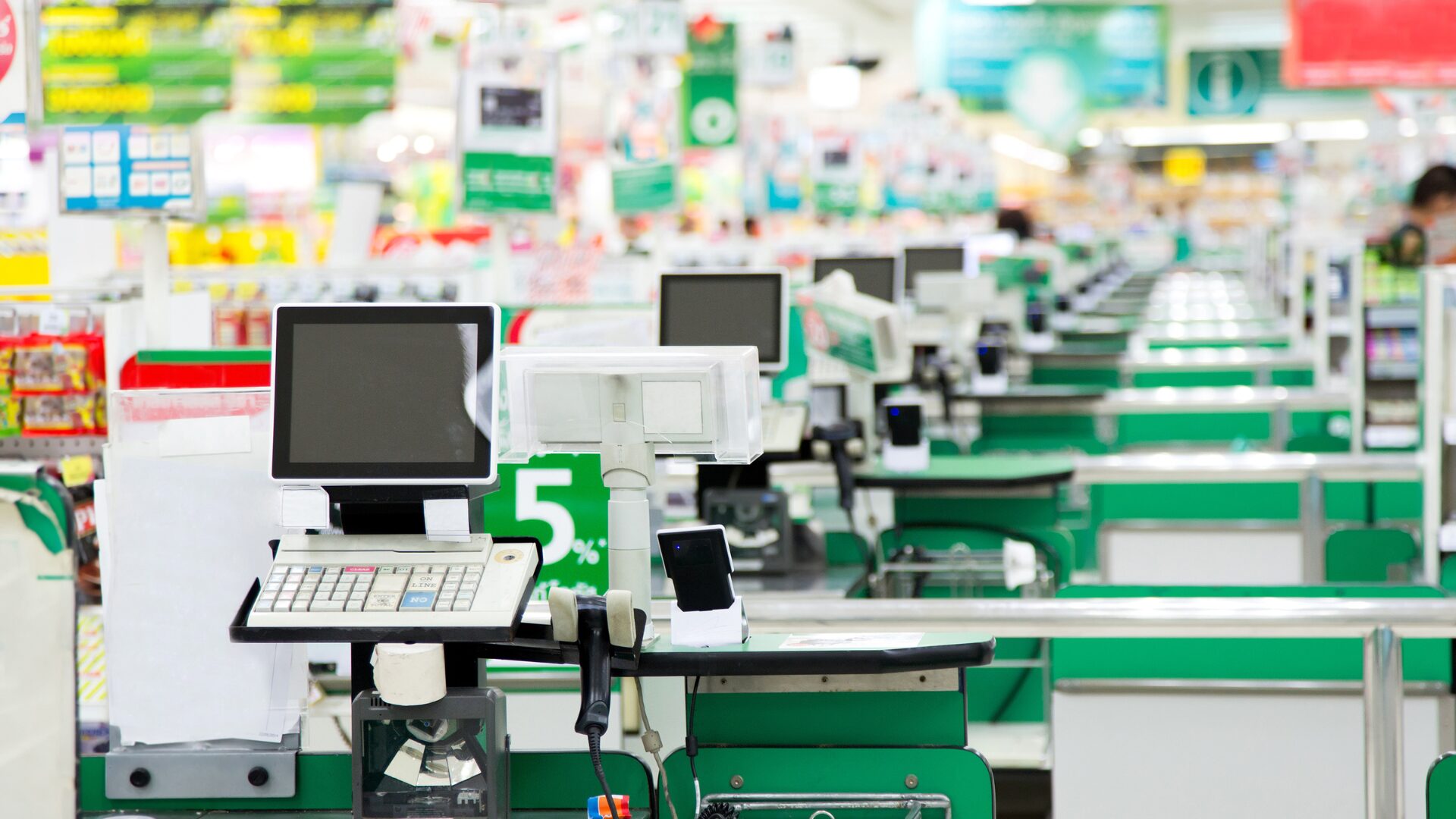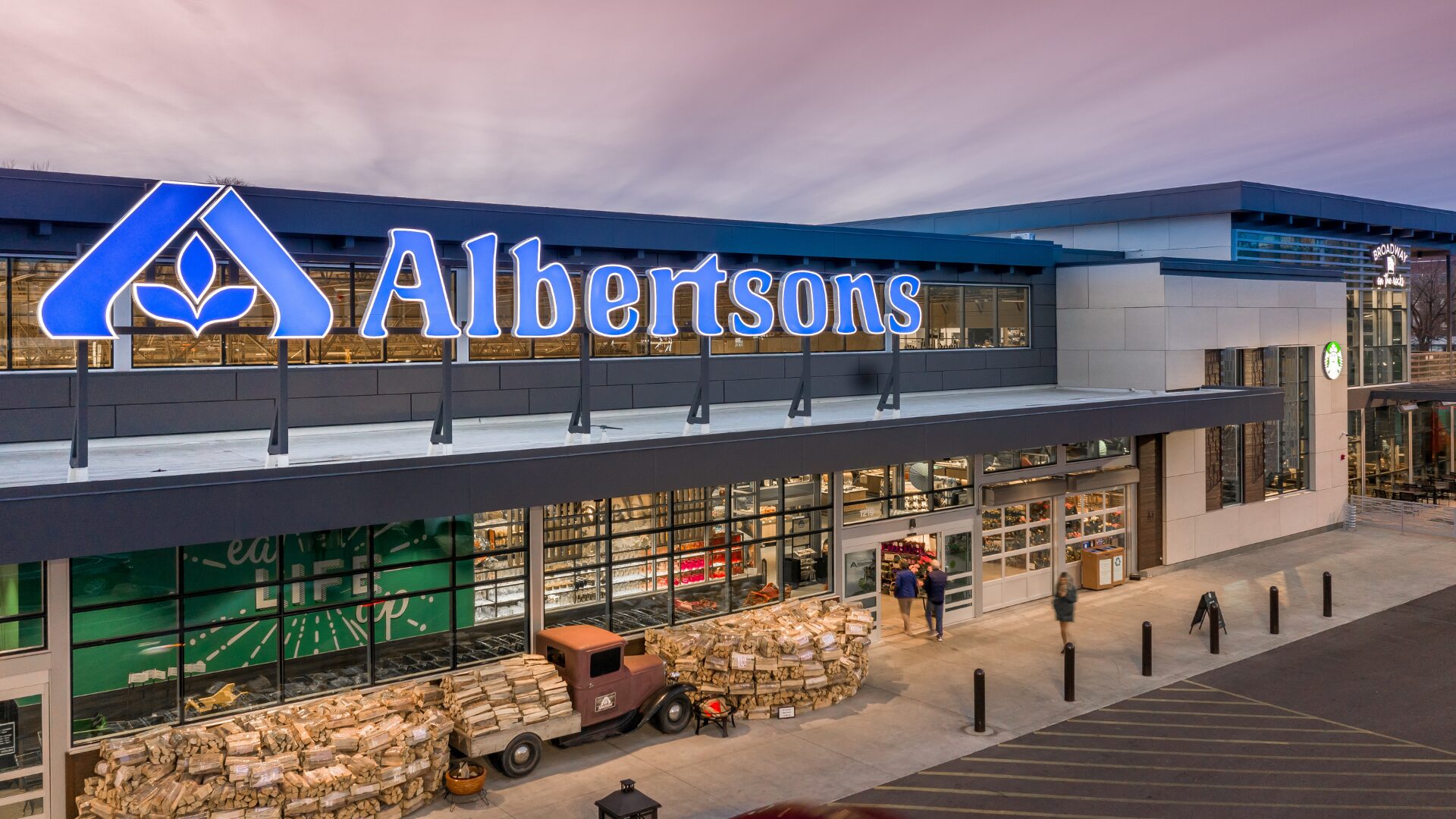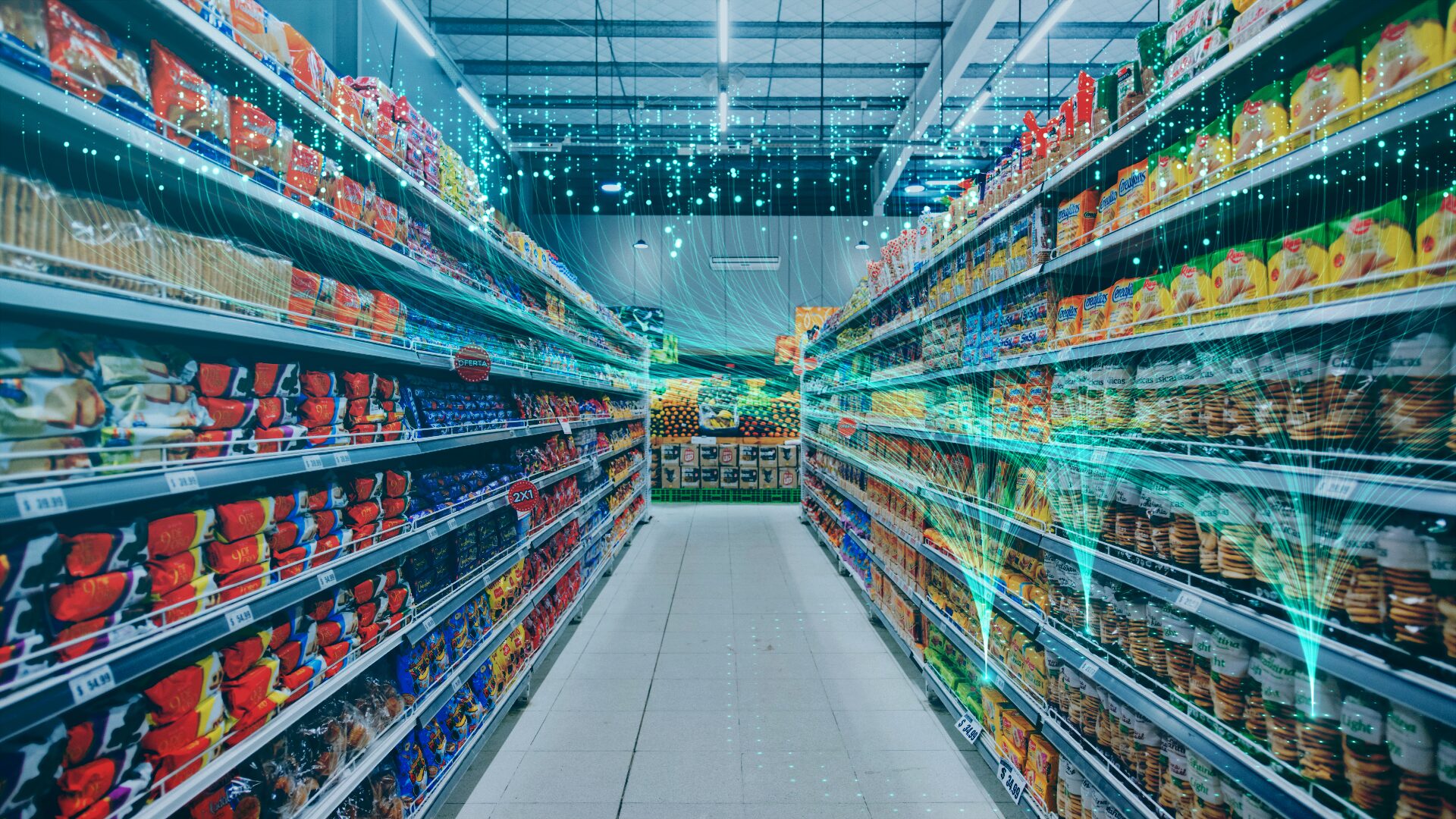Neighborhood grocery stores will likely serve as major providers of COVID-19 vaccinations, reported The Wall Street Journal (Nov. 30).
Supermarkets are working to secure storage materials for the vaccines, and other medical gear required for administering shots. Additionally, staff are being trained and online services established to set up appointments.
The U.S. Department of Health and Human Services (HHS) inked deals with dozens of grocery and pharmacy chains—such as Kroger, Albertsons, and CVS—to provide COVID-19 vaccines once they are approved by FDA. A large share of the population lives near a grocery store, making them well-positioned for inoculations. Supermarkets and pharmacies have also been huge providers of COVID-19 testing throughout the pandemic.
“The vast majority of Americans live within five miles of a pharmacy, and our new agreement with pharmacy partners across America is a critical step toward making sure all Americans have access to safe and effective COVID-19 vaccines when they are available,” HHS Secretary Alex Azar said in a statement.
CVS and Walgreens are preparing to be among the first retailers to administer the COVID-19 vaccine in the U.S., reported CNN (Dec. 1). The vaccinations would not take place in retail stores, but in long-term care facilities. CVS pharmacists will be traveling to the facilities, similar to how they operate on-site flu clinics, according to the company.
Albertsons said it is coordinating with government agencies and building cold storage capacity for vaccines that need to be kept at low temperatures, while Ahold Delhaize says it is ready to set up socially distanced vaccination stations in less-trafficked areas of its stores. Ahold is also creating online tools for scheduling and prescreening.
Meanwhile, SpartanNash is training some of its pharmacy technicians but isn’t sure how many to instruct since it hasn’t been informed as to when and how many vaccines it will receive, according to Eddie Garcia, director of pharmacy.
“Grocery stores will help support a more rapid rollout of a national vaccination program,” said David Bishop, partner, and analyst at Brick Meets Click, in an interview with CNN Business. Many of the grocers that already operate pharmacies have “much larger and existing storage areas, whether we’re talking in the backroom or on the sales floor,” he added.
Although some companies are ready to store and administer the vaccine, others will need big upgrades.
Vaccines from some companies, including AstraZeneca and Moderna, only require standard refrigeration, which many pharmacies already have access to. However, pharmacies must have ultra-cold storage units if they store and administer the Pfizer vaccine that requires a lower temperature.
LabRepCo, a firm that specializes in research appliances for the pharmaceutical industry, started building small -80°C units for small pharmacies and clinics as soon as it heard about the storage requirements for the Pfizer vaccine.
“Ultra-cold freezers will be an essential part of [Walgreens’] plan,” a Walgreens spokesperson told CNN. “We are exploring leveraging a combination of these ultra-cold freezers and dry ice storage solutions to support these medicines.”
CVS on the other hand will use the Pfizer shipper containers, which can be used as temporary storage units when filled with dry ice. The vials last in those conditions for 15 days, according to a statement from Pfizer.


